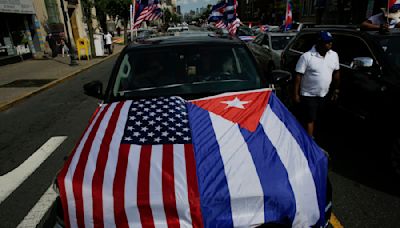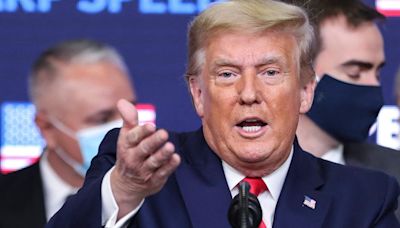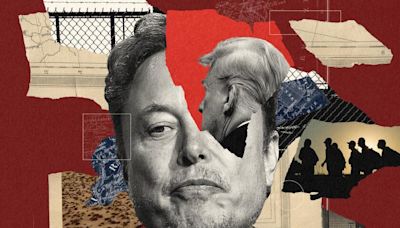Search results
January 12, 2015
- On January 12, 2015, it was reported that all 53 dissidents had been released.
en.wikipedia.org › wiki › Cuban_thaw
People also ask
How do Cubans and Americans view their relationship?
How did relations between Cuba and the United States change in 2000?
Why are so many Cubans coming to America?
What is the relationship between the United States and Cuba?
Mar 6, 2023 · More than 1.7 million Cubans have fled to the United States since Fidel Castro's revolution took power on Jan. 1, 1959. But the more than 300,00 Cubans who have come to the U.S. in the past 12...
The first wave, also the majority of immigrants were Cuba's elite. These were people who were familiar with the United States' guardianship of Cuba. In the period between January 1959 and October 1962, called historical exile, 248,100 emigrants left Cuba.
Oct 6, 2021 · That happened throughout the whole Republican period (1902-1952). In some ways, it's also true for the revolutionary period that followed, where initially it seemed like the Cuban revolution would deal with questions of racial disparity, racism, and discrimination. And in some ways it began to.
Aug 1, 2022 · Since the 1959 revolution that brought Fidel Castro to power, Cubans have enjoyed a special status that the US government doesn't bestow upon any other immigrant group, says a new book by a Pardee School professor.
Relations between Cuba and the United States were formally re-established on 20 July 2015, with the opening of the Cuban embassy in Washington and the U.S. embassy in Havana. [118] Barack Obama visited Cuba for three days in March 2016. [119]
Louis A. Perez Jr. Cubans and Americans view their relationship very differently. Americans have long sought to insert themselves into Cuban affairs. For just as long, Cubans have insisted on defending self-determination and national sovereignty. Editor's Note.



